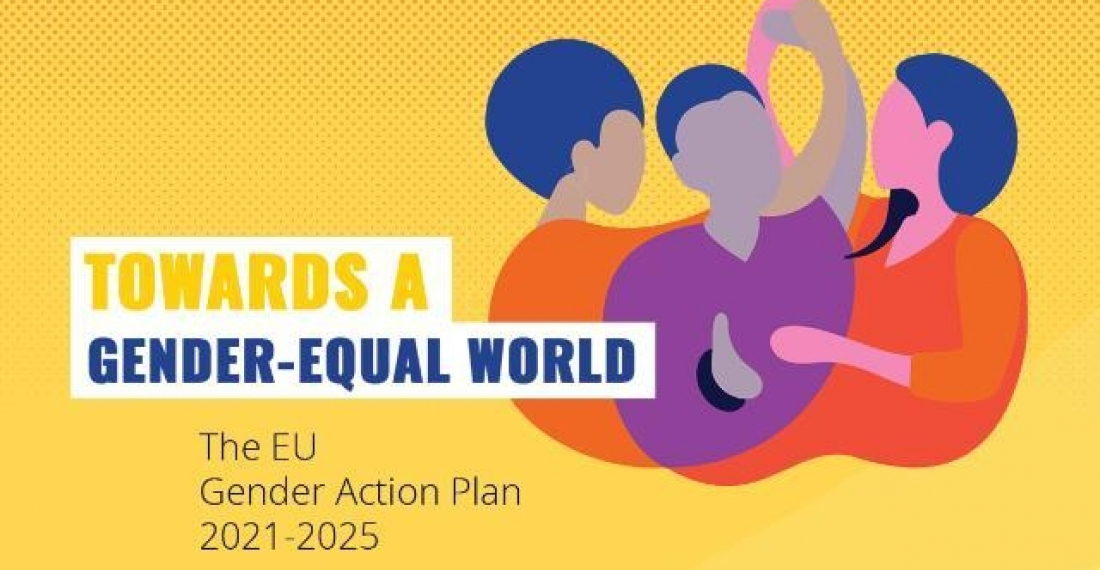Today (25 November), the European Commission and the High Representative of the Union for Foreign Affairs and Security Policy have put forward plans to promote gender equality and women's empowerment through all external action of the European Union.
Despite global progress on gender equality, no country in the world is currently on track to achieve gender equality and empower all women and girls by 2030. In addition, data shows that the health and socio-economic consequences of the COVID-19 crisis disproportionately affect women and girls. For example, because a higher proportion of women work informally and in vulnerable sectors, their job loss rate is 1.8 times greater than that of men.
To address this, the EU's new Action Plan on Gender Equality and Women's Empowerment in External Action 2021–2025 (GAP III) aims to accelerate progress on empowering women and girls, and safeguard gains made on gender equality during the 25 years since the adoption of the Beijing Declaration and its Platform for Action.
The plan provides the EU with a policy framework with five pillars of action for accelerating progress towards meeting international commitments. These are:
- 85% of all new actions throughout external relations will contribute to gender equality and women's empowerment by 2025.
- A shared strategic vision and close co-operation with Member States and partners at multilateral, regional and country level.
- Accelerating progress by focusing on the key thematic areas of engagement, including fighting against gender-based violence and promoting the economic, social and political empowerment of women and girls.
- The EU must lead by example by establishing gender-responsive and gender-balanced leadership at top political and management levels.
- Measuring results – a new quantitative, qualitative and inclusive monitoring system to increase public accountability, ensure transparency and access to information on its assistance to gender equality worldwide.
In announcing GAP III, EU High Representative/Vice-President, Josep Borrell, said:
“Ensuring the same rights to all empowers our societies. It makes them richer and more secure. It is a fact that goes beyond principles or moral duties. The participation and leadership of women and girls is essential for democracy, justice, peace, security, prosperity and a greener planet. With this new Gender Action Plan, we are pushing for more and faster progress towards gender equality.”
Commissioner for International Partnerships, Jutta Urpilainen, stated:
“Women and girls are in the frontline of the pandemic and must be put in the driving seat of the recovery. As a gender-sensitive and responsive geopolitical Commission, we want to work more closely with our Member States, as well as all partners, in building a truly gender-equal world.”
More information on GAP III and its pillars can be found here.







